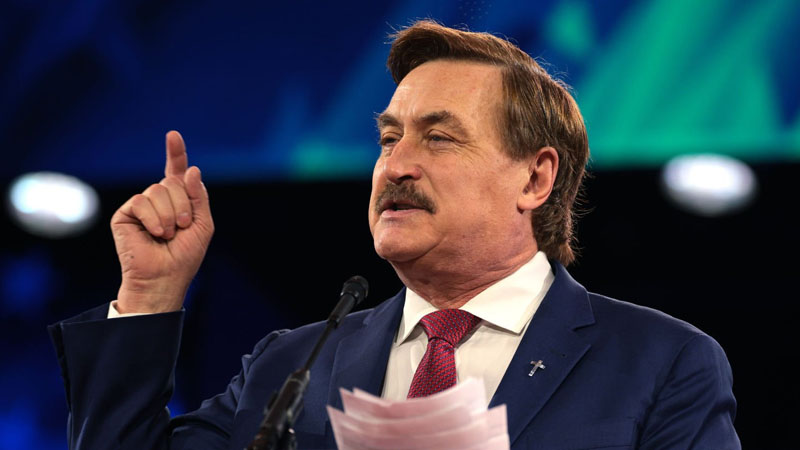A federal judge in Colorado has issued a blistering reprimand to two attorneys representing MyPillow CEO Mike Lindell in a high-profile defamation case, after they submitted a court filing generated by artificial intelligence that included multiple errors, among them, citations to non-existent court cases.
U.S. District Judge Nina Y. Wang sanctioned attorneys Christopher Kachouroff and Jennifer DeMaster, ordering them to pay $3,000 after determining they acted unreasonably in certifying and submitting the AI-generated document. The filing came during Lindell’s legal battle with Eric Coomer, the former director of product security at Dominion Voting Systems, who sued Lindell over false claims made in the aftermath of the 2020 U.S. presidential election.
Lindell was ultimately found liable for defamation and ordered to pay $2.3 million—a verdict he later described as “awesome.” In her 20-page order released Monday, Judge Wang took sharp aim at the legal team’s “blind reliance on generative artificial intelligence,” which resulted in a motion riddled with fabrications, including false legal citations and mischaracterized legal principles.
Kachouroff and DeMaster initially claimed the error stemmed from submitting a “prior draft” by mistake. But Wang found their explanation lacking, noting “contradictory statements” and an absence of “corroborating evidence.”
“The corrected version still contained many of the same errors that were specifically discussed during the April hearing,” Wang wrote. She criticized the attorneys’ failure to properly review their work and said Kachouroff’s attempt to deflect responsibility was “both troubling and not well-taken.”

For instance, the “correct” version still relies on Perrin v. Anderson, for the proposition that: In defamation actions particularly, courts routinely admit evidence probative of truthfulness given that a plaintiff’s reputation and credibility are directly at issue. But Perrin is a civil rights, not defamation, case, and it says nothing about “whether courts routinely admit evidence probative of truthfulness in defamation actions.” Rather, the only reference to defamation is as an example of where the existence or nonexistence of a character trait may be directly at issue because the trait itself determines the rights and liabilities of the parties.
Though Lindell himself avoided sanctions—Kachouroff confirmed the CEO was unaware of the AI tools being used—Judge Wang noted that the behavior of his attorneys raised serious concerns about legal ethics and due diligence.
Emails reviewed by the court revealed that multiple drafts circulated between the attorneys were already “replete with the same errors as the filed version,” including fake case law and “legal principles that simply do not appear within such decisions.”
Judge Wang was particularly critical of Kachouroff’s claim that the incident represented “a clear deviation” from his typical practice. She pointed to similar behavior by the same legal team in another federal case—Pelishek v. City of Sheboygan—where they had quietly filed notices correcting AI-generated errors, again involving fictitious legal citations.
“The Court takes judicial notice that, just seven days after this Court issued the Order to Show Cause, the same defense counsel team quietly filed two Notices of Errata,” Wang wrote.
While the monetary sanction was modest, the reputational damage to the attorneys may be lasting. The judge’s ruling left open the possibility of further disciplinary actions, including referral to their state bar associations for professional misconduct.

